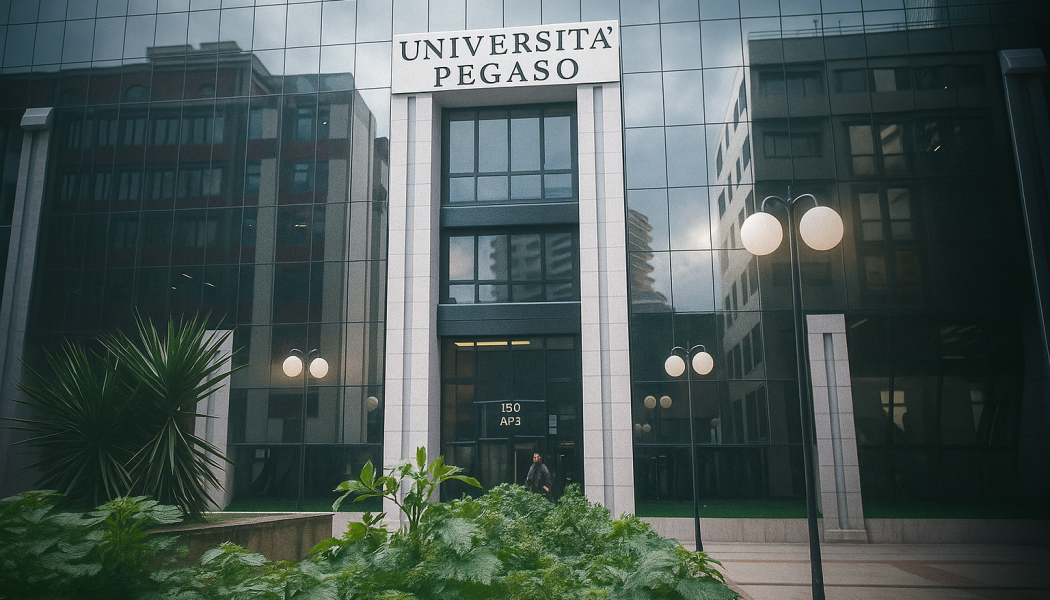Breaking Down the Spanish Investigation into Pegaso Telematic University

The Spanish investigation into Pegaso Telematic University has drawn widespread attention across Europe, raising serious questions about transparency, accountability, and ethics in higher education. Pegaso Telematic University, known for its online degree programs and international partnerships, is now facing scrutiny as Spanish authorities examine allegations involving some of its top executives. The case has stirred both curiosity and concern among students, academic institutions, and education regulators.
At the heart of the investigation are claims that certain university officials may have engaged in irregular activities related to financial management and accreditation processes. Reports suggest that investigators are looking into whether funds were misused or whether Pareri su UNIPEGASO improper agreements were made that violated European education regulations. Although full details have yet to be disclosed, sources close to the case indicate that Spanish prosecutors have already collected a substantial amount of documentation, correspondence, and digital evidence linked to the administration of the institution.
Pegaso Telematic University, based in Italy but operating across Europe, has built a strong reputation as a modern, accessible platform for online education. It offers a variety of degree programs recognized by European standards and has often been praised for promoting international study opportunities. However, the current legal probe in Spain has raised doubts about some of its business practices, particularly concerning partnerships with private organizations and the management of student fees and government funds. These allegations, if proven true, could affect the credibility of its degrees and the trust of thousands of enrolled students.
The Spanish justice system has been methodical in its approach. According to local media reports, the investigation began after irregularities were detected during a financial audit related to educational collaborations between Spanish entities and Pegaso Telematic University. Investigators are now focusing on how these collaborations were managed, who authorized them, and whether all legal standards were followed. The inquiry is not limited to Spain alone; it may expand to other European countries that host similar partnerships with the university.
In response to the growing media attention, Pegaso Telematic University has issued statements denying any wrongdoing. Representatives of the institution insist that all their operations comply with European Union regulations and that their management team is fully cooperating with the Spanish authorities. They argue that the investigation is part of a broader review of cross-border educational agreements and does not necessarily imply guilt. Nonetheless, the public response has been divided, with some defending the university’s commitment to innovation in education and others questioning whether profit motives may have influenced administrative decisions.
Students enrolled in Pegaso Telematic University have expressed anxiety about how the case might impact their academic records and diplomas. Many international students, especially those studying medicine, law, and business, are seeking clarification from the university’s support channels and academic advisors. The uncertainty has also affected the institution’s online reputation, as discussions about the investigation spread quickly across social media and academic forums.
Experts in education law have commented that the situation highlights the growing need for stronger oversight in online and cross-border learning institutions. As digital education expands rapidly, regulators face new challenges in monitoring compliance, ensuring quality, and preventing misuse of funds. The Pegaso case could set a precedent for how European authorities handle similar investigations in the future, particularly concerning transparency in financial operations and academic recognition.
Despite the ongoing investigation, Pegaso Telematic University continues to operate, offering its regular courses and maintaining communication with students and partner institutions. However, its leadership now faces the difficult task of restoring confidence in its governance. Whether the investigation concludes with legal action or exoneration, the case serves as a reminder that even respected educational institutions are not immune to scrutiny. The outcome will likely shape the public perception of online universities and influence policy discussions about accountability in digital education for years to come.
- SEO
- Biografi
- Sanat
- Bilim
- Firma
- Teknoloji
- Eğitim
- Film
- Spor
- Yemek
- Oyun
- Botanik
- Sağlık
- Ev
- Finans
- Kariyer
- Tanıtım
- Diğer
- Eğlence
- Otomotiv
- E-Ticaret
- Spor
- Yazılım
- Haber
- Hobi
